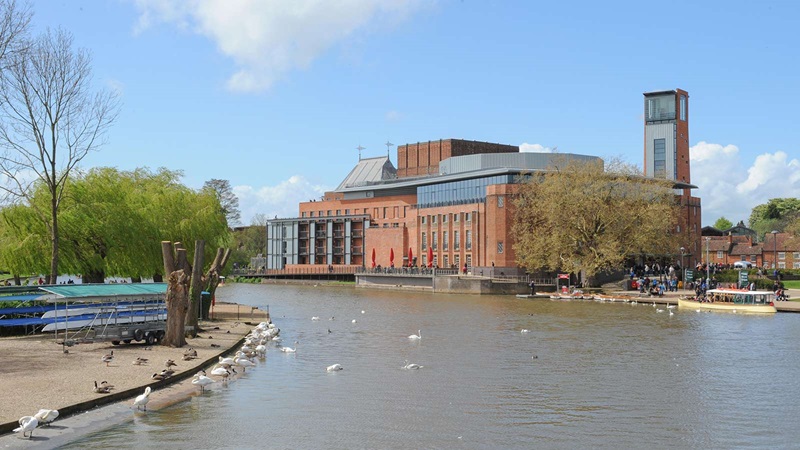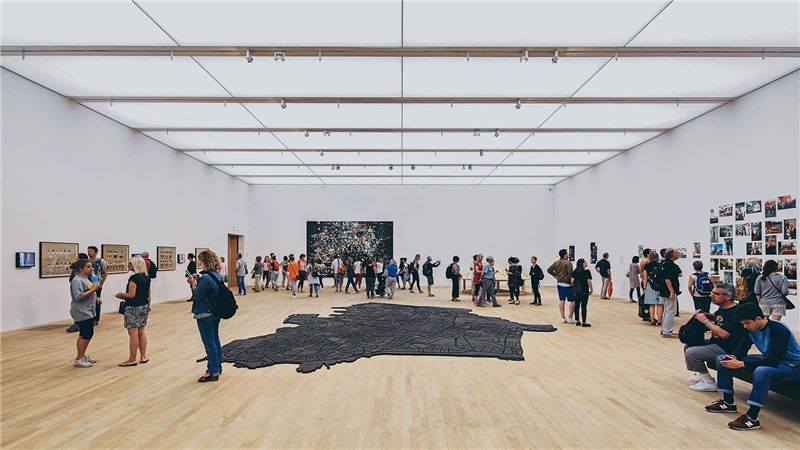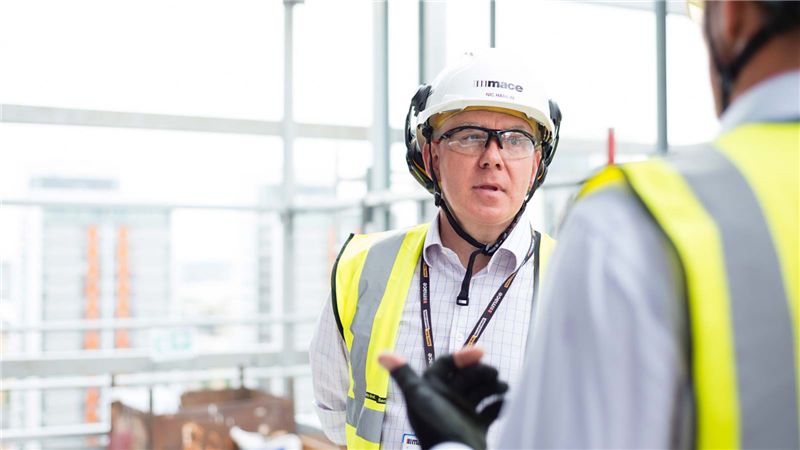Award winning theatre transformation the Bard himself would be proud of
A project of such national and cultural heritage was incredibly challenging and required great sensitivity. We successfully led the construction management of the Royal Shakespeare Theatre, a 1,040 seat auditorium following a three year transformation.
Royal Shakespeare Theatre Project summary
Client
Royal Shakespeare Company
Value
£57m
Key Partners
Driver Jonas Deloitte, Gardiner & Theobald LLP
Services provided
Construct, Construction management
Sectors
Locations
UK and Europe, UK - London and south-east England
Project timeline
- Start date
- December 2006
- End date
- July 2010
Project story
Hailed as a landmark project, the six year renovation project of the Royal Shakespeare Theatre has been lauded with numerous accolades and was delivered on time and on budget.
Shakespeare himself would recognise the space with its ‘thrust’ stage – extending into the audience for a more intimate playhouse experience, transforming the theatrical environment.
We reconstructed the existing theatre while retaining two Grade II listed facades, and the 1930s art deco foyer areas. Sourcing traditional craftsman, we dismantled rather than demolished many parts of the existing building and repositioned them.
Refining the management process, early programme and cost planning made the project a success. Averting potential disaster - we safeguarded against another flooding following a previous incident when the banks of the River Avon flooded the site before construction even began.
Dedication to building great relationships was the final piece of the puzzle in the project, with community open days and local school involvement throughout.

Project stats
“As someone who has played all the RSC’s theatres, it seems to me that what the Company has found is a brilliant way of retaining the best of the original building while constructing a new theatre which will work wonderfully for actors and audiences alike.”
“The making of a new building that is itself as creative and technically accomplished within all those constraints has been what the RSC dared to hope for and what it has been overjoyed to have received. To have got it when we asked for it - and for what we could afford - and of having had so much fun doing it despite the challenges, has been a remarkable bonus.”










